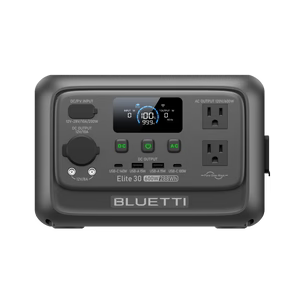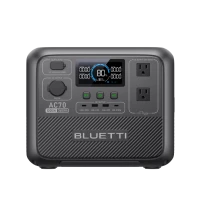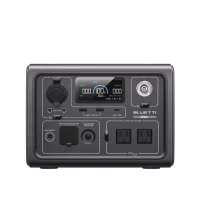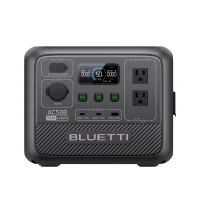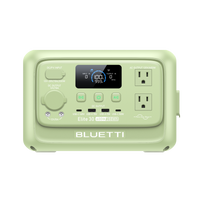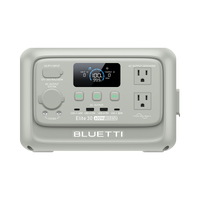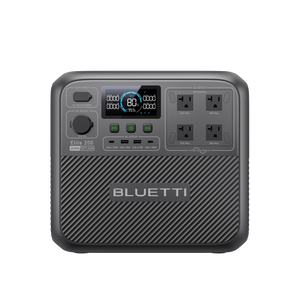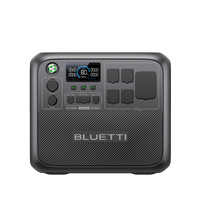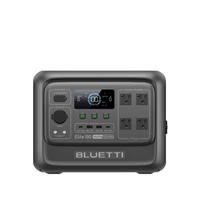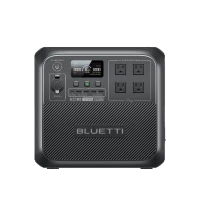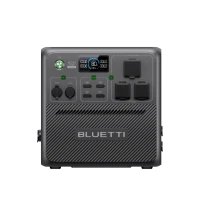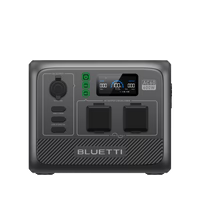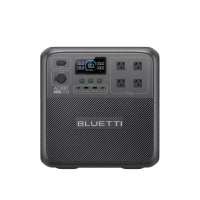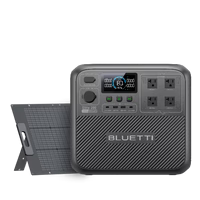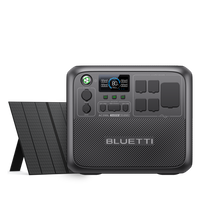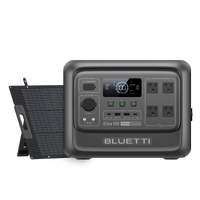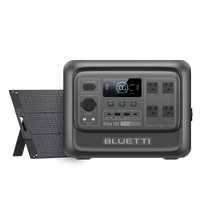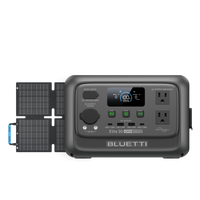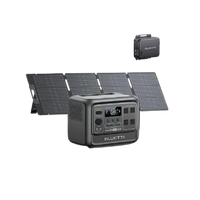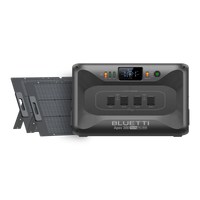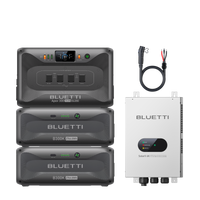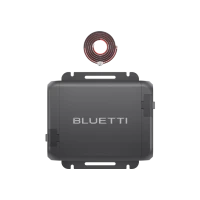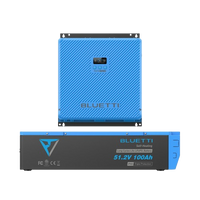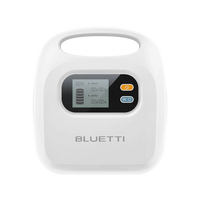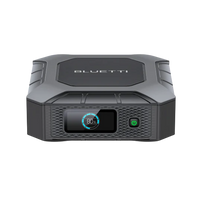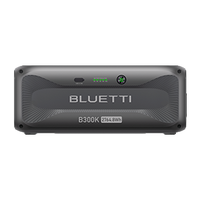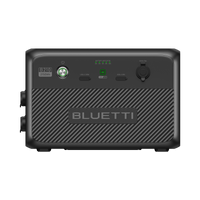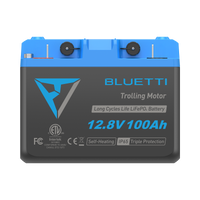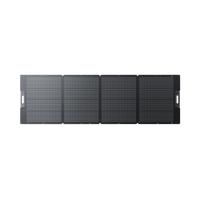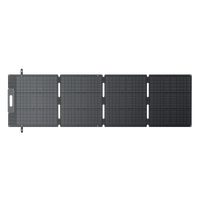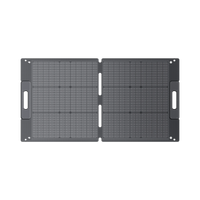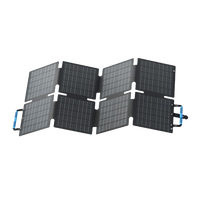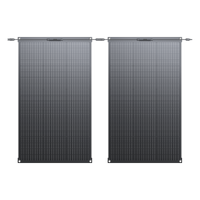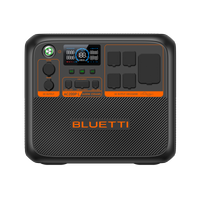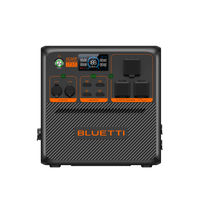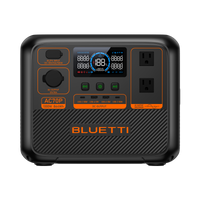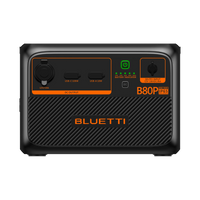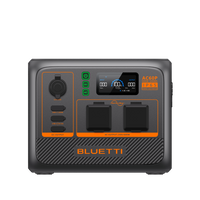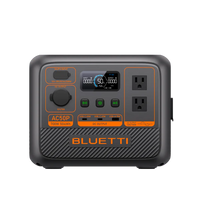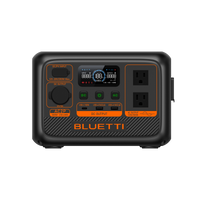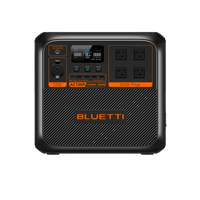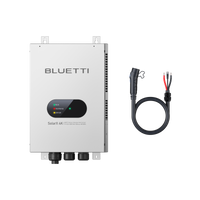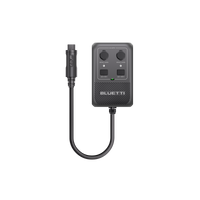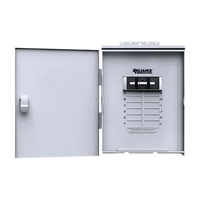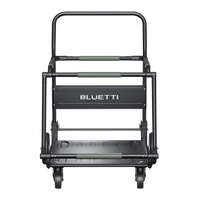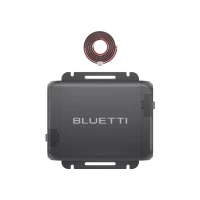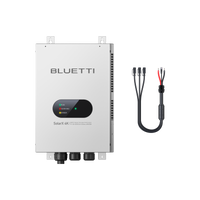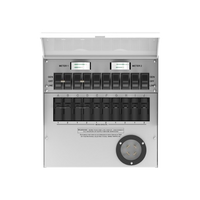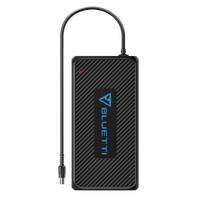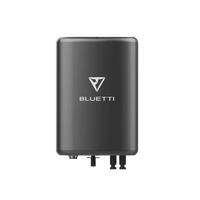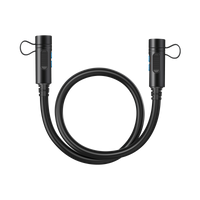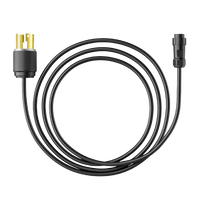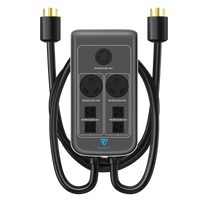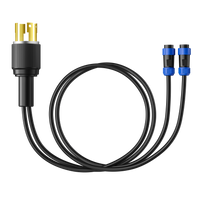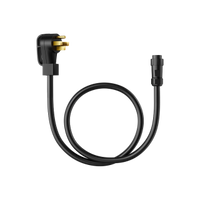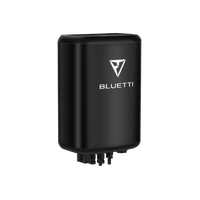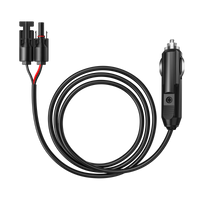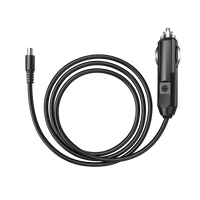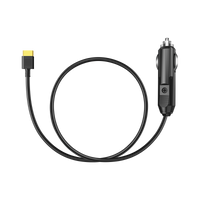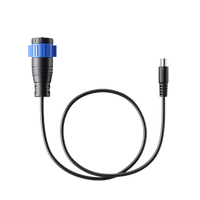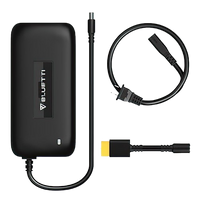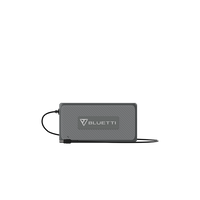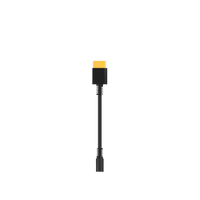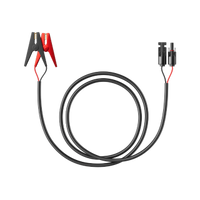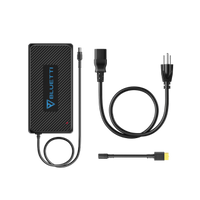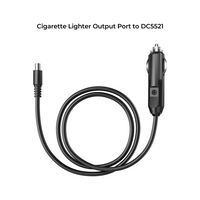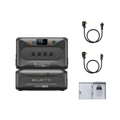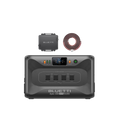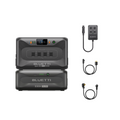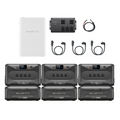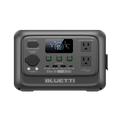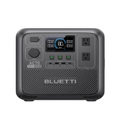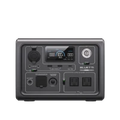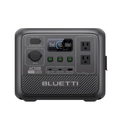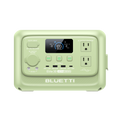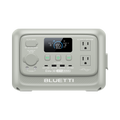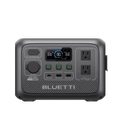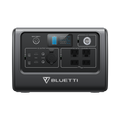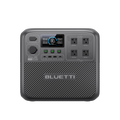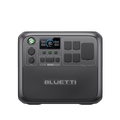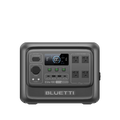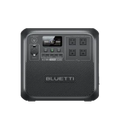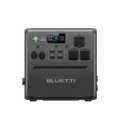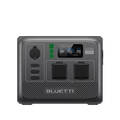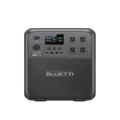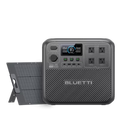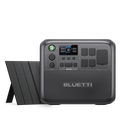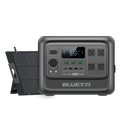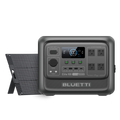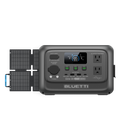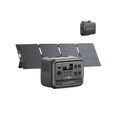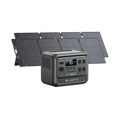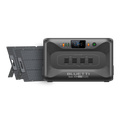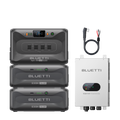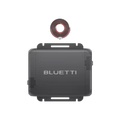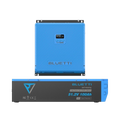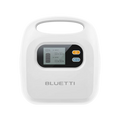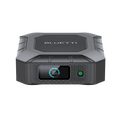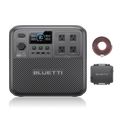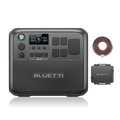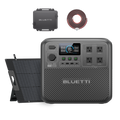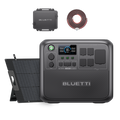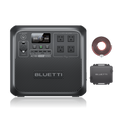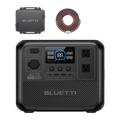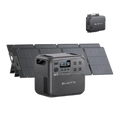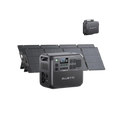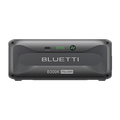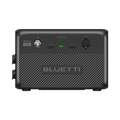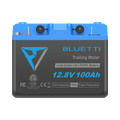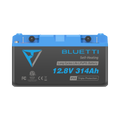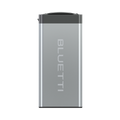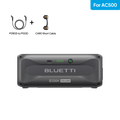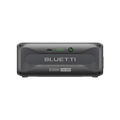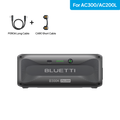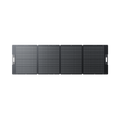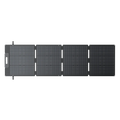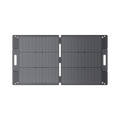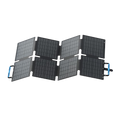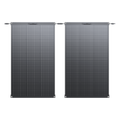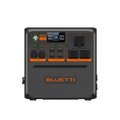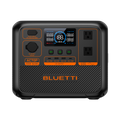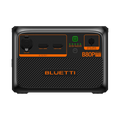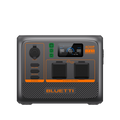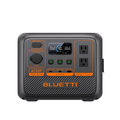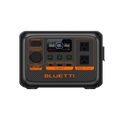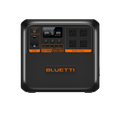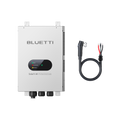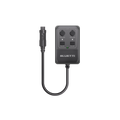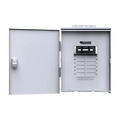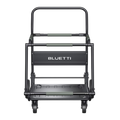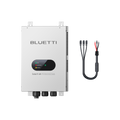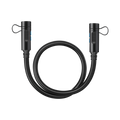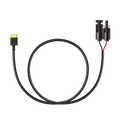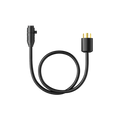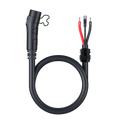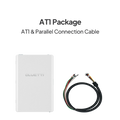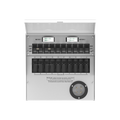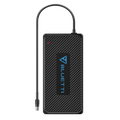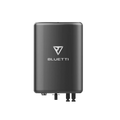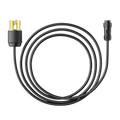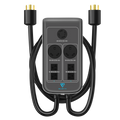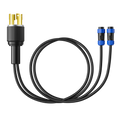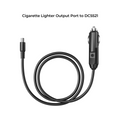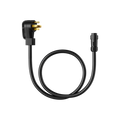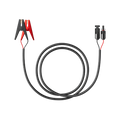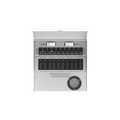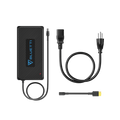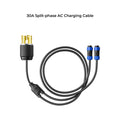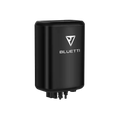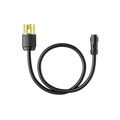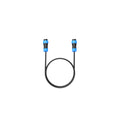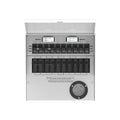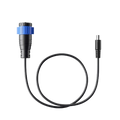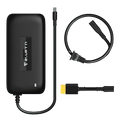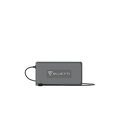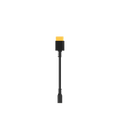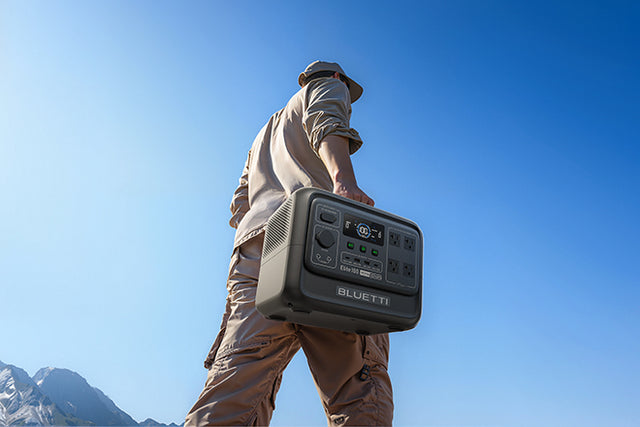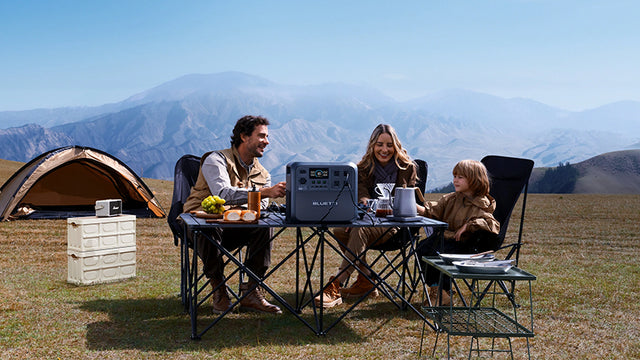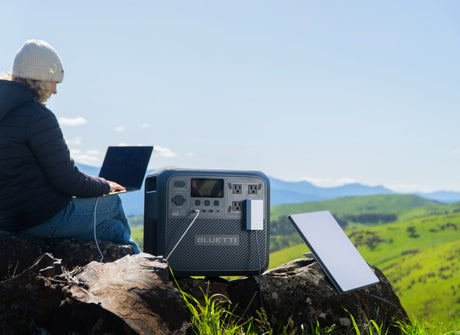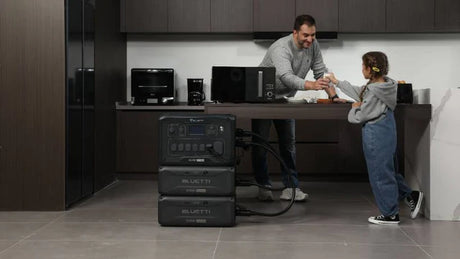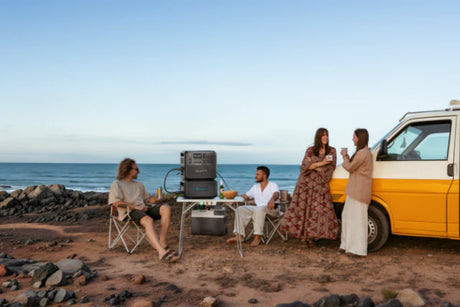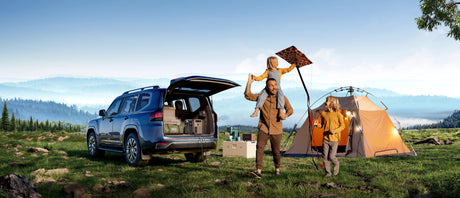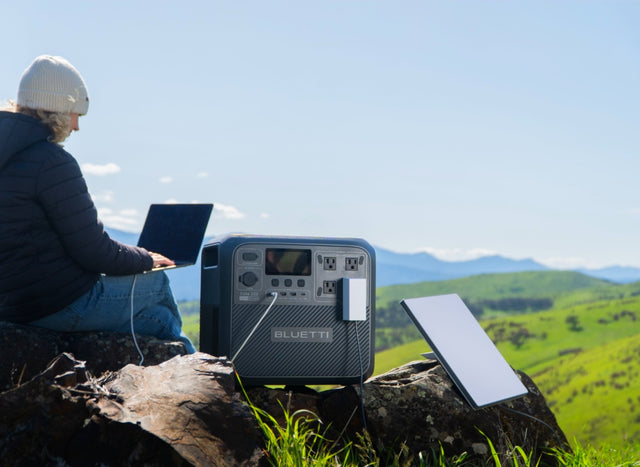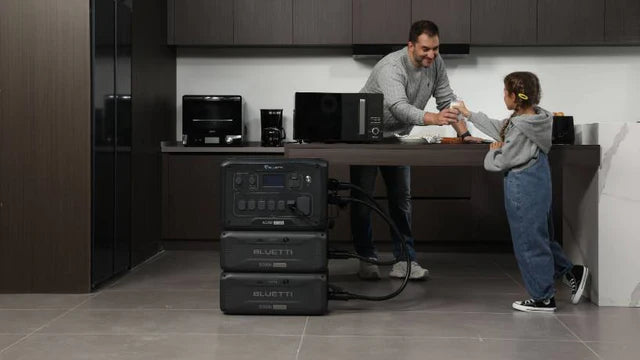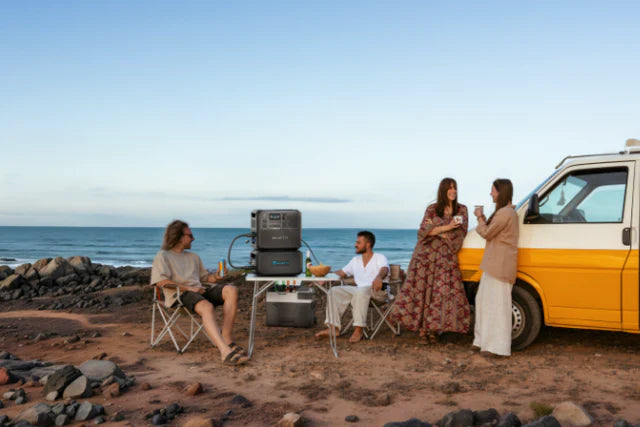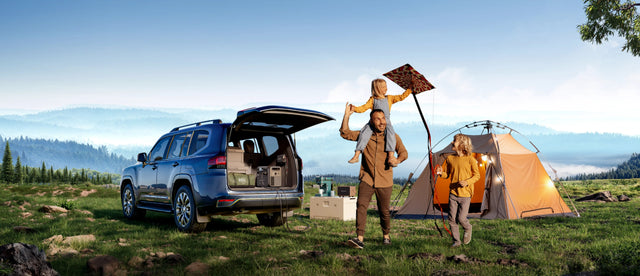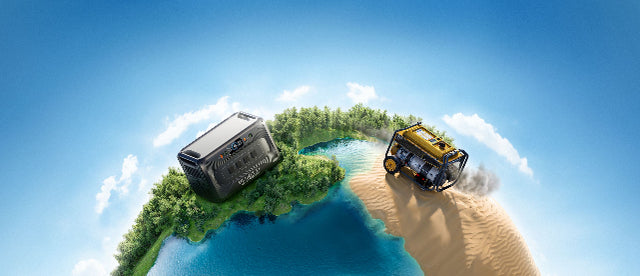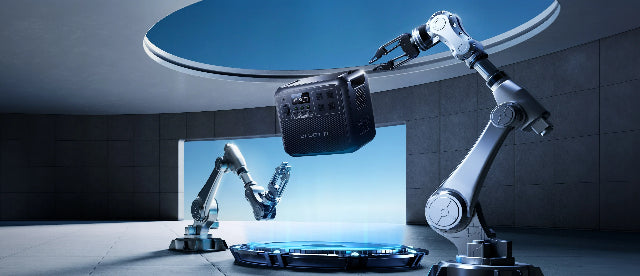Une source d'électricité fiable est indispensable. C'est d'autant plus crucial en cas de panne de courant ou si vous vous retrouvez hors réseau. C'est peut-être pourquoi les générateurs à onduleur sont devenus une solution de choix grâce à leurs nombreux atouts : efficacité, production d'électricité plus propre et portabilité. Mais représentent-ils un bon investissement ? Lisez cet article pour en savoir plus.
Comment fonctionne un générateur à onduleur ?
Les générateurs à onduleur utilisent une technologie de pointe pour convertir le courant alternatif en courant continu, puis le reconvertir en courant alternatif stable et de haute qualité. Ce procédé élimine les surtensions et les fluctuations de tension susceptibles d'endommager les appareils électroniques sensibles. Autre avantage : la vitesse du moteur s'adapte automatiquement à la demande en énergie, ce qui permet de réaliser des économies de carburant.
De plus, ils sont silencieux et conçus pour fonctionner de manière discrète ; ils sont donc parfaitement adaptés aux usages et applications ne nécessitant aucune nuisance sonore. Par ailleurs, leur petite taille, leur légèreté et leur portabilité les rendent idéaux pour les activités de plein air, notamment le camping, les pique-niques et les barbecues. En conclusion, grâce à leur conception et leurs fonctionnalités innovantes, les générateurs à onduleur constituent une excellente source d'énergie pour diverses applications.
Un générateur à onduleur est-il un bon investissement ?
L'achat d'un groupe électrogène à onduleur représente un investissement conséquent ; toutefois, il présente de nombreux avantages. La plupart des groupes électrogènes à onduleur sont généralement considérés comme performants : ils permettent de réaliser des économies de carburant et consomment moins d'énergie. Ils fournissent également une énergie plus propre, ce qui réduit les risques d'endommager les appareils électroniques sensibles et contribue à leur préservation. Silencieux, ils sont particulièrement adaptés aux environnements sensibles au bruit.
De plus, les générateurs à onduleur sont très portables, ce qui permet à leurs utilisateurs de les employer dans pratiquement toutes les situations, qu'il s'agisse d'une fête en plein air ou d'une alimentation électrique de secours. Bien que le générateur à onduleur soit un peu cher à l'achat, sa fiabilité et son efficacité en font un investissement rentable pour la plupart des consommateurs. Le choix d'opter pour un générateur à onduleur ou un autre type de générateur devient donc une décision personnelle, en fonction de son utilisation à long terme.
Les générateurs à onduleur sont-ils plus sûrs que les autres générateurs portables ?
En matière de sécurité, ils présentent des risques similaires aux ampoules portables traditionnelles, notamment en ce qui concerne l'intoxication au monoxyde de carbone (CO). Les deux types d'ampoules doivent être utilisés à l'extérieur, loin des habitations, afin d'éviter l'accumulation de CO. Cependant, certains modèles à onduleur récents sont équipés d'un système d'arrêt automatique en cas de présence de CO, ce qui renforce la sécurité.
Il est crucial de respecter les consignes de sécurité et de choisir des modèles dotés des dispositifs de sécurité recommandés. De plus, un entretien et une ventilation adéquats sont essentiels au bon fonctionnement des générateurs à onduleur. Par conséquent, bien que les générateurs à onduleur offrent des avantages tels qu'un fonctionnement plus silencieux et une production d'électricité plus propre, les utilisateurs doivent rester vigilants et respecter les protocoles de sécurité afin de prévenir les accidents et de garantir leur sécurité. En définitive, la question de savoir si un générateur à onduleur est plus sûr que d'autres générateurs portables dépend de plusieurs facteurs, notamment du modèle spécifique et du respect des consignes de sécurité par l'utilisateur.
Quelle taille de générateur onduleur devez-vous acheter ?
La puissance des générateurs à onduleur que vous choisirez dépendra principalement de vos besoins en énergie et des appareils que vous souhaitez alimenter. Les générateurs à onduleur de grande puissance peuvent fournir l'énergie nécessaire à une maison entière et se raccorder directement aux tableaux électriques, y compris leurs inverseurs de source, pour assurer une alimentation de secours continue.Les unités plus petites et plus portables sont idéalement conçues pour le camping ou les pique-niques d'avant-match, tout en fournissant suffisamment d'énergie pour les appareils électroménagers et électroniques de base.
Cependant, il vous faudra vérifier la puissance requise et vous assurer que le générateur a la puissance nécessaire. Des aspects tels que le poids et la portabilité sont à prendre en compte si vous prévoyez de transporter le générateur. Le choix de la taille idéale d'un générateur inverter est une question de compromis : quel compromis êtes-vous prêt à faire entre vos besoins en puissance et des critères comme le poids, la portabilité et la facilité d'utilisation ? C'est en évaluant vos besoins que vous pourrez opter pour un générateur inverter, qui vous garantit une alimentation électrique là où vous en avez besoin.
Comment faire fonctionner un générateur en toute sécurité ?
Quel que soit le type de générateur, la sécurité est primordiale. Les générateurs doivent être installés à l'extérieur, dans un endroit bien aéré et loin des fenêtres, des portes et des bouches d'aération afin d'éviter l'accumulation de monoxyde de carbone à l'intérieur. Un entretien régulier et un stockage adéquat du carburant sont également indispensables à un fonctionnement sûr. Il est bien entendu important que l'utilisateur prenne connaissance des consignes du fabricant du générateur.
Ne surchargez pas l'appareil et utilisez des rallonges et des câbles adaptés afin d'éviter toute surchauffe, source potentielle d'incendie ou d'électrocution. Le respect de ces consignes de sécurité permettra d'éviter tout accident et garantira le bon fonctionnement de votre groupe électrogène. N'oubliez pas : la sécurité avant tout.
Qu'est-ce qui différencie un onduleur et un générateur ?
En résumé, les principales différences résident dans la qualité de la puissance de sortie et le type d'énergie produite. Les générateurs à onduleur produisent une énergie de meilleure qualité, propre et stable, idéale pour les appareils électroniques sensibles. De plus, ces groupes électrogènes offrent un rendement énergétique amélioré et un fonctionnement silencieux par rapport aux modèles conventionnels. Enfin, leur capacité de fonctionnement en parallèle permet d'utiliser plusieurs unités simultanément pour obtenir une puissance de base plus élevée.
Bien que les générateurs traditionnels puissent offrir une puissance de sortie supérieure, ils présentent des difficultés en termes d'efficacité et de qualité d'énergie par rapport aux générateurs à onduleur. Le choix final entre un générateur et un onduleur dépendra des besoins en énergie, du niveau sonore et de la consommation de carburant. La connaissance de ces différences permettra aux utilisateurs de choisir le modèle le mieux adapté à leurs besoins.
Générateur onduleur ou générateur solaire : comment choisir ?
Le choix dépendra bien sûr en définitive de critères tels que les besoins en énergie, les exigences de portabilité et les préoccupations environnementales. Une fois tous ces éléments pris en compte, il sera possible de sélectionner le groupe électrogène le plus adapté aux besoins énergétiques visés.
Les générateurs à onduleur fournissent de l'énergie à la demande et peuvent être utilisés dans une grande variété d'applications, du camping à l'alimentation de secours. Bien qu'ils dépendent d'un carburant, leur capacité à fournir une alimentation électrique stable est considérable et ils peuvent fonctionner par tous les temps.
En revanche, les générateurs solaires, bien qu'assumant la production d'énergie, peuvent parfois ne pas suffire à couvrir tous les besoins énergétiques en raison de leur capacité limitée. Parmi les modèles notables, citons les BLUETTI AC240 et BLUETTI AC200P, qui offrent des solutions d'énergie solaire efficaces et portables. Voici des analyses détaillées :

Ce modèle garantit une solution d'alimentation hors réseau sur laquelle on peut toujours compter.Doté d'une batterie de 2000 W/2000 Wh, il alimente sans problème une cafetière ou un climatiseur, ce qui le rend très pratique aussi bien en intérieur qu'en extérieur. De plus, et c'est le plus important, il peut être rechargé simultanément via plusieurs options : prise secteur, ports USB-A et USB-C, prise allume-cigare et port CC 12 V/3 A.
Elle est équipée d'une batterie lithium-fer-phosphate intégrée, offrant plus de 3 500 cycles de vie et une durée de vie d'environ dix ans. Grâce à un système de gestion de batterie de pointe, elle est surveillée en permanence pour une sécurité optimale et une protection constante contre les risques les plus probables. Idéale pour les zones sujettes aux fluctuations de tension, elle fournit une alimentation de secours et, associée à un panneau solaire BLUETTI PV200 doté de cellules photovoltaïques monocristallines, elle atteint un rendement de 23,4 %.

Cet appareil établit une nouvelle référence en matière de solutions d'alimentation portables, car il s'agit de la toute première gamme d'alimentations portables au monde résistante à l'eau et à la poussière, certifiée IP65. Sa construction robuste lui permet de résister à toutes sortes de conditions climatiques extrêmes et le rend ainsi parfaitement adapté à une utilisation en extérieur.
Par ailleurs, il est équipé de ports NEMA TT-30A et RV, répondant ainsi aux besoins des camping-cars et des yachts. De plus, il est possible de connecter deux unités en parallèle pour une puissance maximale de 4 800 W/120 V, garantissant un divertissement continu. Enfin, sa conception modulaire permet l'ajout de batteries B210, offrant ainsi à l'utilisateur une option d'alimentation supplémentaire et performante.
De plus, son fonctionnement est assuré par une batterie LiFePO₄ longue durée, offrant plus de 3 500 cycles de vie et jusqu'à 10 ans de durée de vie, ce qui la rend extrêmement fiable. Elle est également associée au panneau solaire BLUETTI PV200, doté de cellules solaires monocristallines dont le rendement atteint 23,4 %.
Réflexions finales
En résumé, un générateur à onduleur offre de nombreux avantages à l'utilisateur et représente un investissement judicieux. Son efficacité, la qualité de son énergie et sa portabilité le rendent utilisable dans diverses applications, du maintien en fonctionnement des appareils ménagers lors d'une panne de courant à l'alimentation électrique pour les activités de plein air. Bien que son prix d'achat initial soit généralement plus élevé, les économies réalisées à long terme et la fiabilité qu'il garantit en font un investissement rentable. Cela permettra aux utilisateurs de faire un choix éclairé, en tenant compte des différences entre un générateur à onduleur et les modèles traditionnels, ainsi que d'autres facteurs tels que la sécurité et l'impact environnemental.






